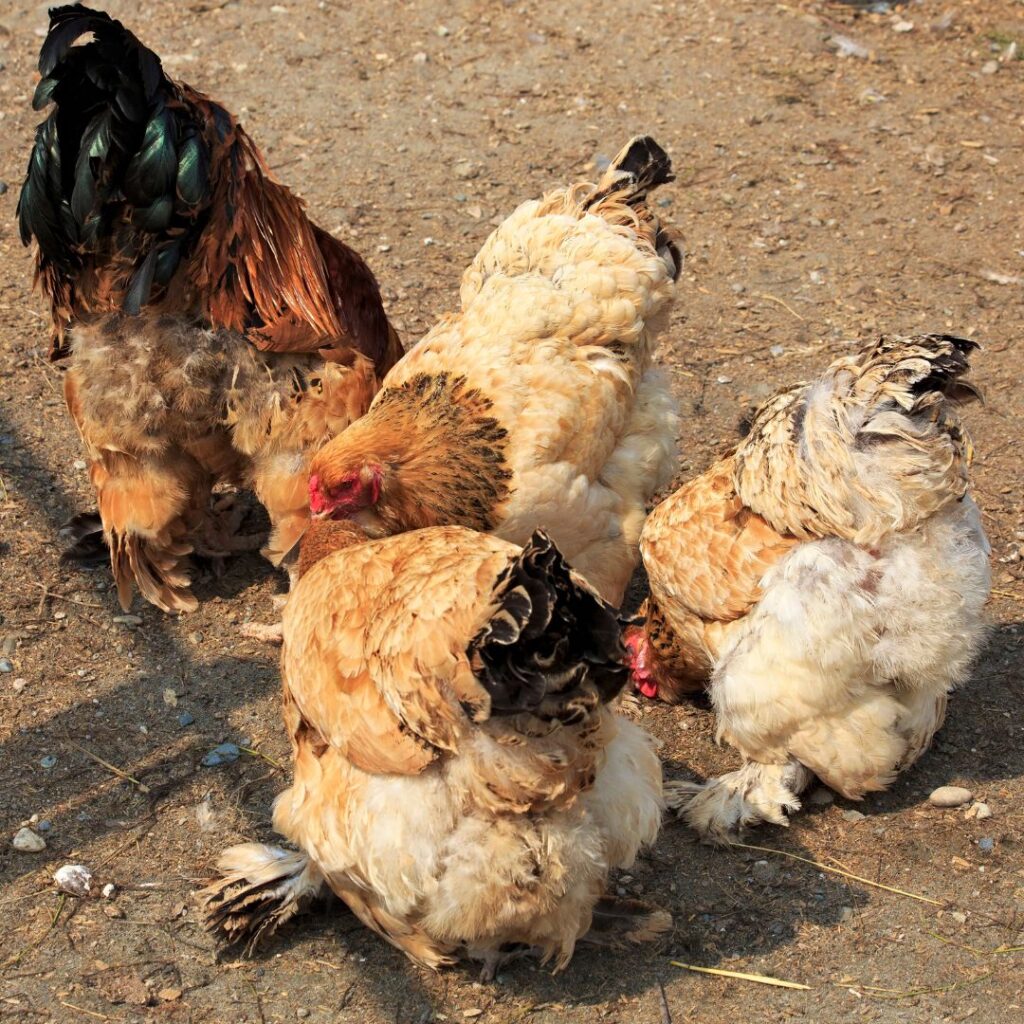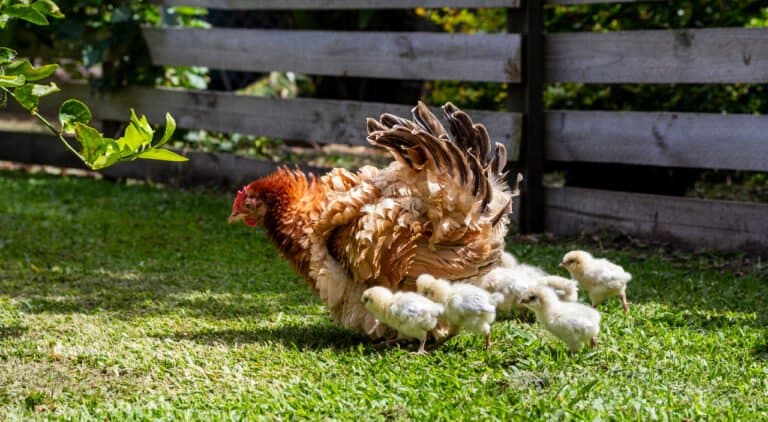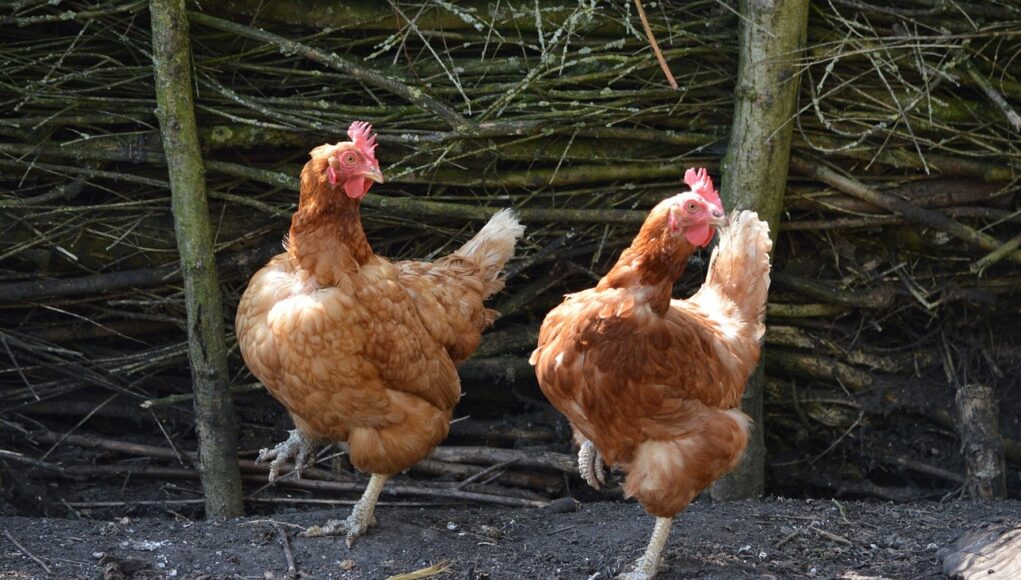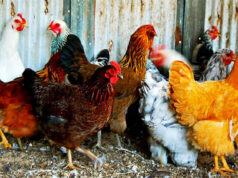If you are a poultry enthusiast, understanding the intricacies of chicken vet care is crucial. Ensuring the health and well-being of your chickens can seem challenging, but with the right knowledge, you can ensure that your flock stays happy and healthy.

Introduction to Chicken Vet Care
Chickens, just like any other animal, need proper veterinary care. Whether you are raising chickens for eggs, meat, or as pets, their health should always be a priority. Chicken vet care involves routine health checks, vaccinations, and understanding the common diseases that can affect them.

Why Chicken Vet Care is Essential
Ensuring your chickens are healthy not only improves their quality of life but also increases productivity. Healthy chickens lay more eggs and produce better meat. Regular vet care helps in the early detection of diseases, which can prevent an entire flock from getting infected.
Health Checks
Regular health checks are essential. Look for signs such as loss of appetite, abnormal droppings, changes in behavior, and physical symptoms like discharge from eyes or nostrils. Chicken Disease Symptoms can be a helpful resource.
Vaccinations
Vaccinations protect your chickens from various diseases. Work with a vet to ensure your flock is vaccinated as needed. Caring for Baby Chicks provides essential information on vaccinations.
Common Diseases
Understanding the common diseases that can affect your chickens is vital. Refer to resources like Chicken Respiratory Disease and Marek’s Disease for more information.

Feeding and Nutrition
Balanced Diet
Ensure your chickens have a well-balanced diet to keep them healthy. Complete feed, grains, and fresh greens are essential components of their diet.
Water
Clean and fresh water should always be available to your chickens. Dehydration can lead to serious health issues.

Housing and Environment
Chicken Coop
The chicken coop should be clean, spacious, and well-ventilated. It should also protect your chickens from predators and harsh weather conditions.
Bedding
Use appropriate bedding material such as straw or wood shavings. Change the bedding regularly to maintain hygiene.
Handling and Behavior
Gentle Handling
Handle your chickens gently to avoid stress and injury. Regular interaction also helps in monitoring their health and behavior.
Understanding Behavior
Knowing the normal behavior of your chickens can help in detecting any signs of illness early. Be observant of their daily activities and interactions.
Emergency Care
Being prepared for emergencies is essential. Have a first aid kit ready and know some basic first aid techniques to care for your chickens.
Finding the Right Vet
Local Vets
It’s important to find a local vet who specializes in poultry.
Regular Visits
Schedule regular visits to the vet for health checks and vaccinations.
Conclusion
Chicken vet care is an ongoing process that ensures the health and productivity of your flock. With proper knowledge and attention, you can provide a safe and healthy environment for your chickens.
Frequently Asked Questions
How often should I take my chickens to the vet?
Regular health checks should occur at least once a year. However, if you notice any signs of illness, seek veterinary care immediately.
What are the signs of a healthy chicken?
Healthy chickens are active, have bright eyes, clean feathers, and eat and drink regularly. Their droppings should be normal, and they should exhibit normal behavior.
How can I prevent diseases in my chickens?
Regular vet care, vaccinations, proper feeding, and maintaining hygiene in the coop are key practices to prevent diseases in your chickens.
As an Amazon Associate, I earn from qualifying purchases.










